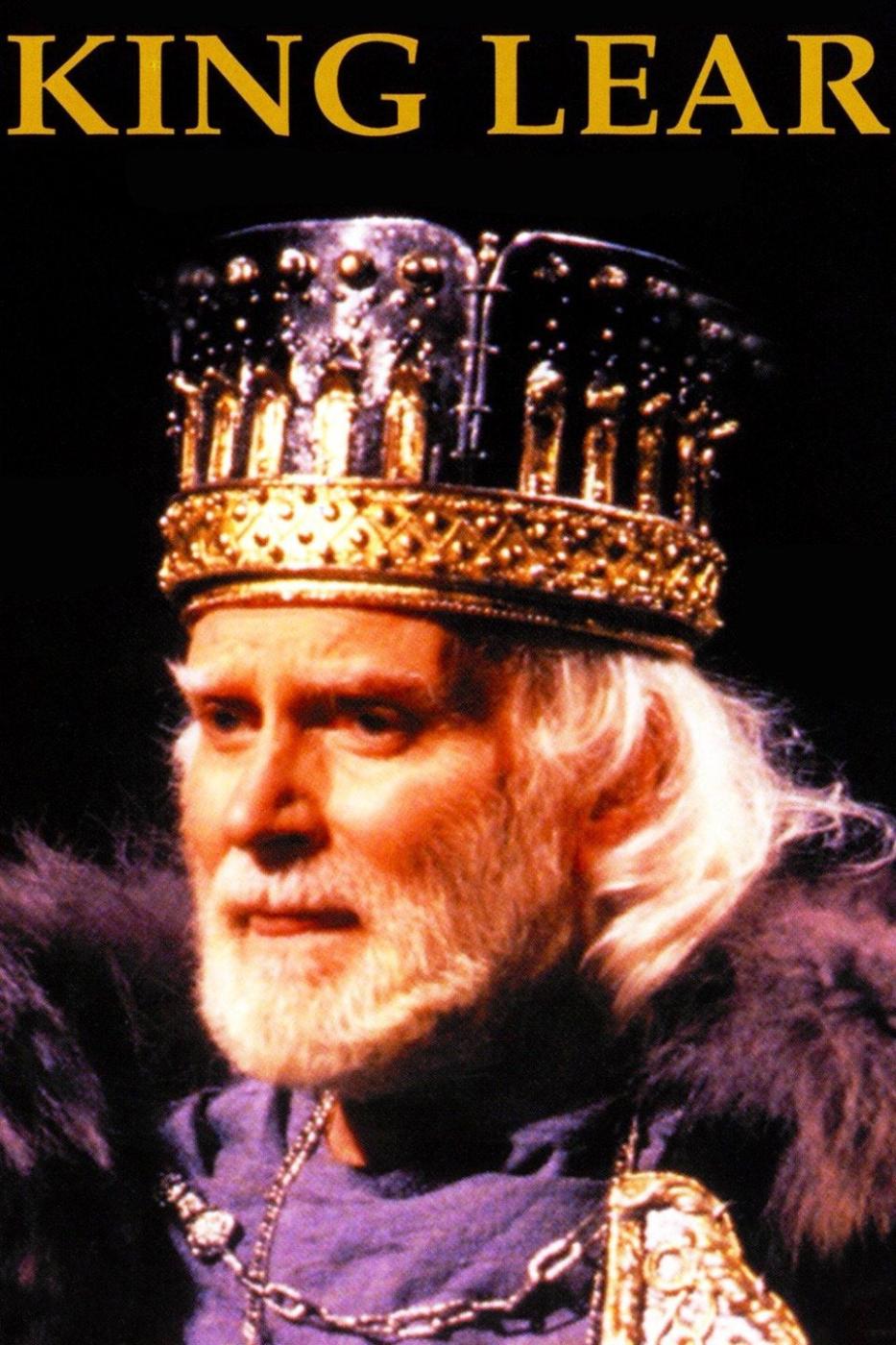How Does Shakespeare's 'King Lear' Reflect the Political and Social Context of His Time?
William Shakespeare's "King Lear" is a powerful tragedy that explores themes of power, authority, and the fragility of human relationships. Set in a fictionalized ancient Britain, the play delves into the political and social issues prevalent during Shakespeare's time, offering insights into the complexities of governance, familial bonds, and the human condition.

Political Context
Power Struggles:
- The play's central conflict revolves around the division of Lear's kingdom among his three daughters, mirroring the political instability and power struggles that plagued England during Shakespeare's era.
- The characters' actions, particularly those of Goneril and Regan, exemplify the ruthless pursuit of power and the devastating consequences of unchecked ambition.
Divine Right Of Kings:
- "King Lear" explores the concept of the divine right of kings, a prevailing belief in Shakespeare's time that monarchs derived their authority directly from God.
- The play's depiction of Lear's descent into madness and the subsequent chaos in the kingdom highlights the dangers of unchecked royal authority and the need for responsible leadership.
Social Context
Family And Relationships:
- The play delves into the complexities of familial relationships, particularly the bonds between parents and children.
- The dysfunctional relationships within the royal family reflect the social emphasis on familial duty and loyalty, as well as the challenges faced by families in Shakespeare's time.
Social Hierarchy:
- "King Lear" portrays a rigid social hierarchy, with the king at the apex and the commoners at the bottom, mirroring the social structure of Shakespeare's era.
- The interactions between characters from different social classes highlight the tensions and struggles inherent in such a hierarchical system.
Gender Roles:
- The play explores gender roles and the expectations placed on women in Shakespeare's time.
- The contrasting characters of Cordelia and Goneril represent different views on women's roles in society, highlighting the limitations and constraints faced by women during that period.
Shakespeare's "King Lear" serves as a profound reflection of the political and social context of his time. Through its exploration of power, authority, familial relationships, and social hierarchy, the play offers valuable insights into the challenges and complexities of governance, human relationships, and the human condition. Its enduring relevance and ability to resonate with audiences across time and cultures underscore the timeless nature of the themes it explores.
YesNo

Leave a Reply